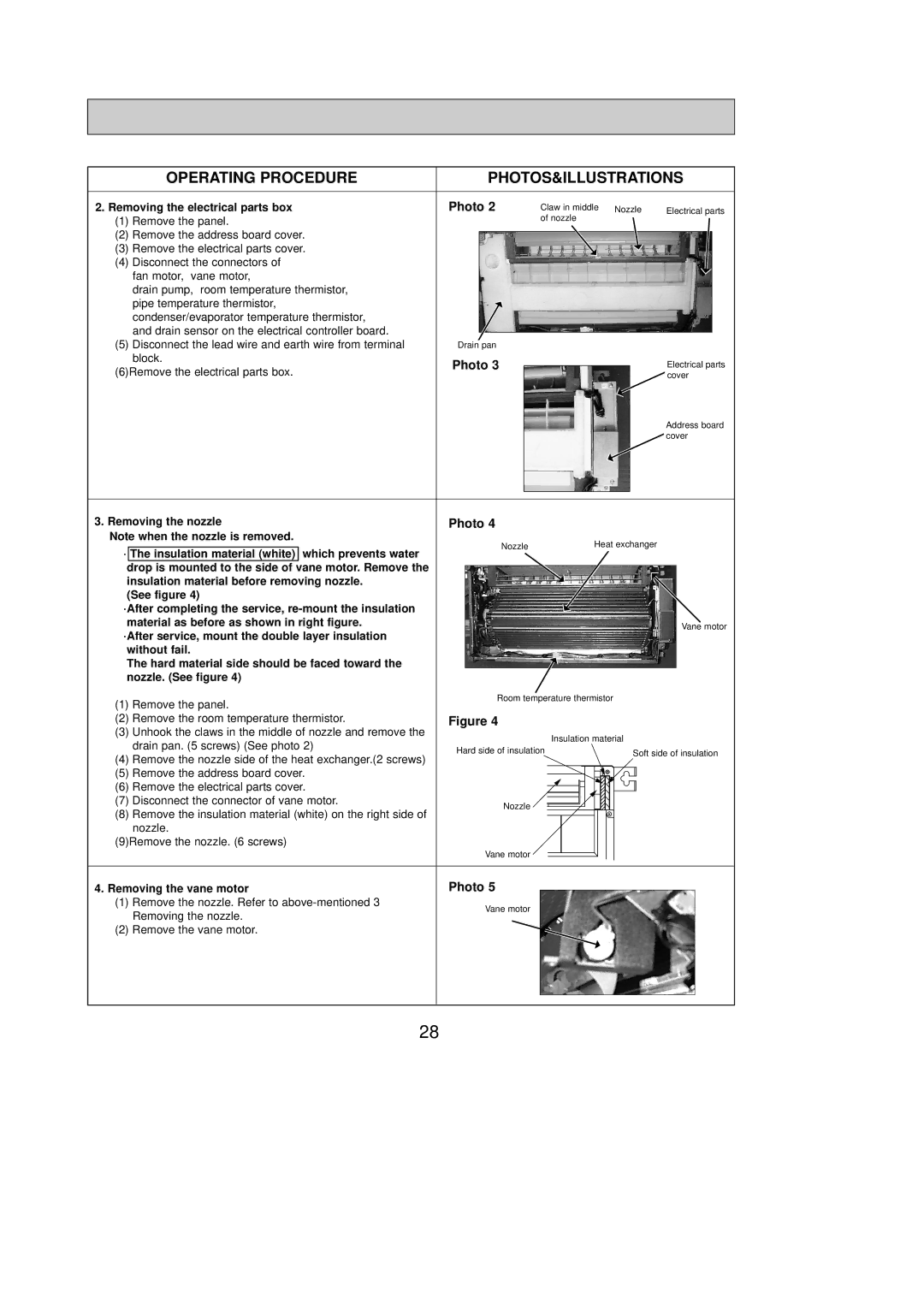PMFY-P08NBMU-E, PMFY-P12NBMU-E1, PMFY-P08NBMU-E1, PMFY-P06NBMU-E, PMFY-P12NBMU-E specifications
Mitsubishi Electronics has long been a pioneer in the field of air conditioning and climate control technologies. Among their impressive lineup of products is the PMFY series, which includes models such as the PMFY-P06NBMU-E1, PMFY-P12NBMU-E, PMFY-P06NBMU-E, PMFY-P08NBMU-E1, and PMFY-P12NBMU-E1. These advanced air conditioning systems are engineered to offer optimal comfort, energy efficiency, and innovative features for both residential and commercial applications.One of the standout features of the PMFY series is its exceptional energy efficiency. Many models are equipped with advanced inverter technology, which allows for precise temperature control while significantly reducing energy consumption. This results in lower electricity bills and a reduced carbon footprint, making them an environmentally friendly choice for conscientious consumers.
Another key characteristic of the PMFY series is its advanced filtration system. These units are designed to improve indoor air quality by incorporating high-performance filters that effectively remove dust, allergens, and other pollutants. This is especially beneficial for individuals with respiratory conditions, contributing to a healthier indoor environment.
The PMFY models also boast a sleek and modern design, ensuring they blend seamlessly with any interior décor. Compact and lightweight, they can be installed in various settings, maximizing available space without compromising on performance.
Mitsubishi’s proprietary technology features an intelligent control system that allows users to manage their air conditioning units remotely. With options for Wi-Fi connectivity and compatibility with smart home systems, users can easily set schedules, adjust temperatures, and monitor energy usage from their smartphones or tablets.
Noise reduction is another important aspect of the PMFY series. These units operate at whisper-quiet levels, ensuring a peaceful atmosphere in homes and workplaces. This noise control technology is particularly advantageous for bedrooms, offices, and other quiet environments.
Lastly, the PMFY series is designed to be robust and reliable, with components that are engineered for durability and long life. Mitsubishi Electronics stands behind their products with comprehensive warranties, providing peace of mind and exceptional customer service.
In summary, the Mitsubishi Electronics PMFY-P06NBMU-E1, PMFY-P12NBMU-E, PMFY-P06NBMU-E, PMFY-P08NBMU-E1, and PMFY-P12NBMU-E1 are exemplary models that embody the essence of innovation, efficiency, and reliability. They represent the ideal choice for those seeking advanced climate control solutions suitable for a variety of spaces.

